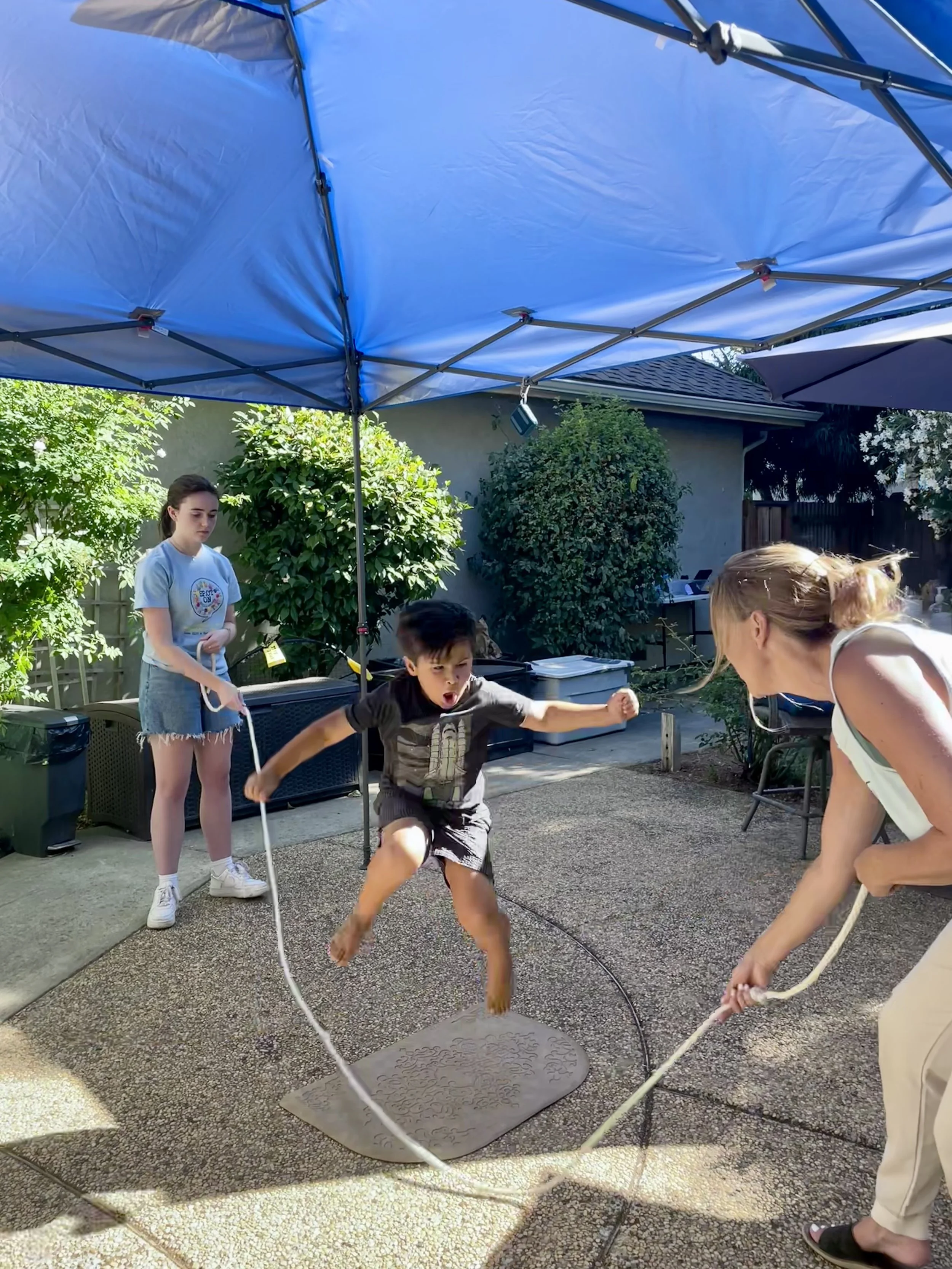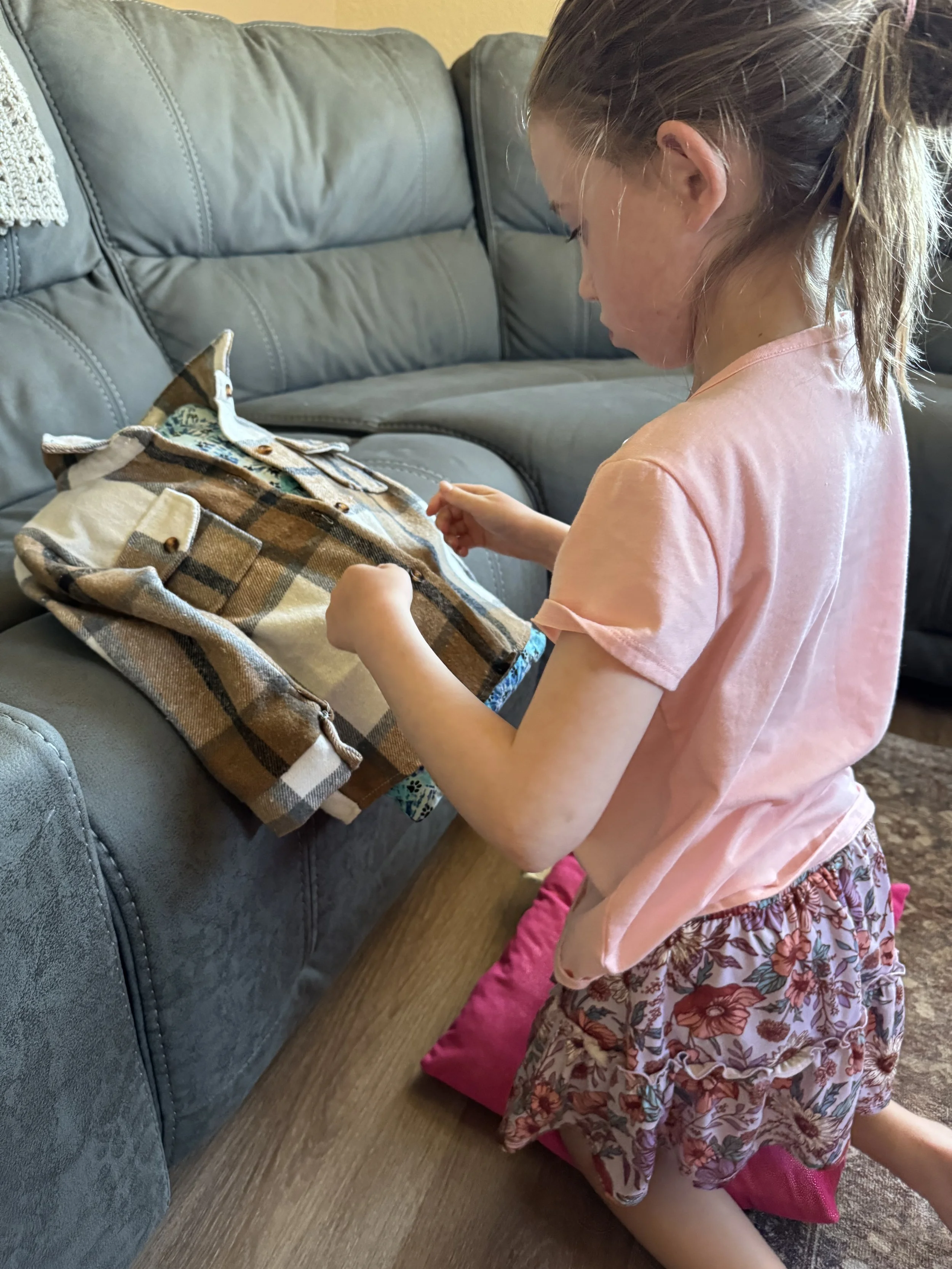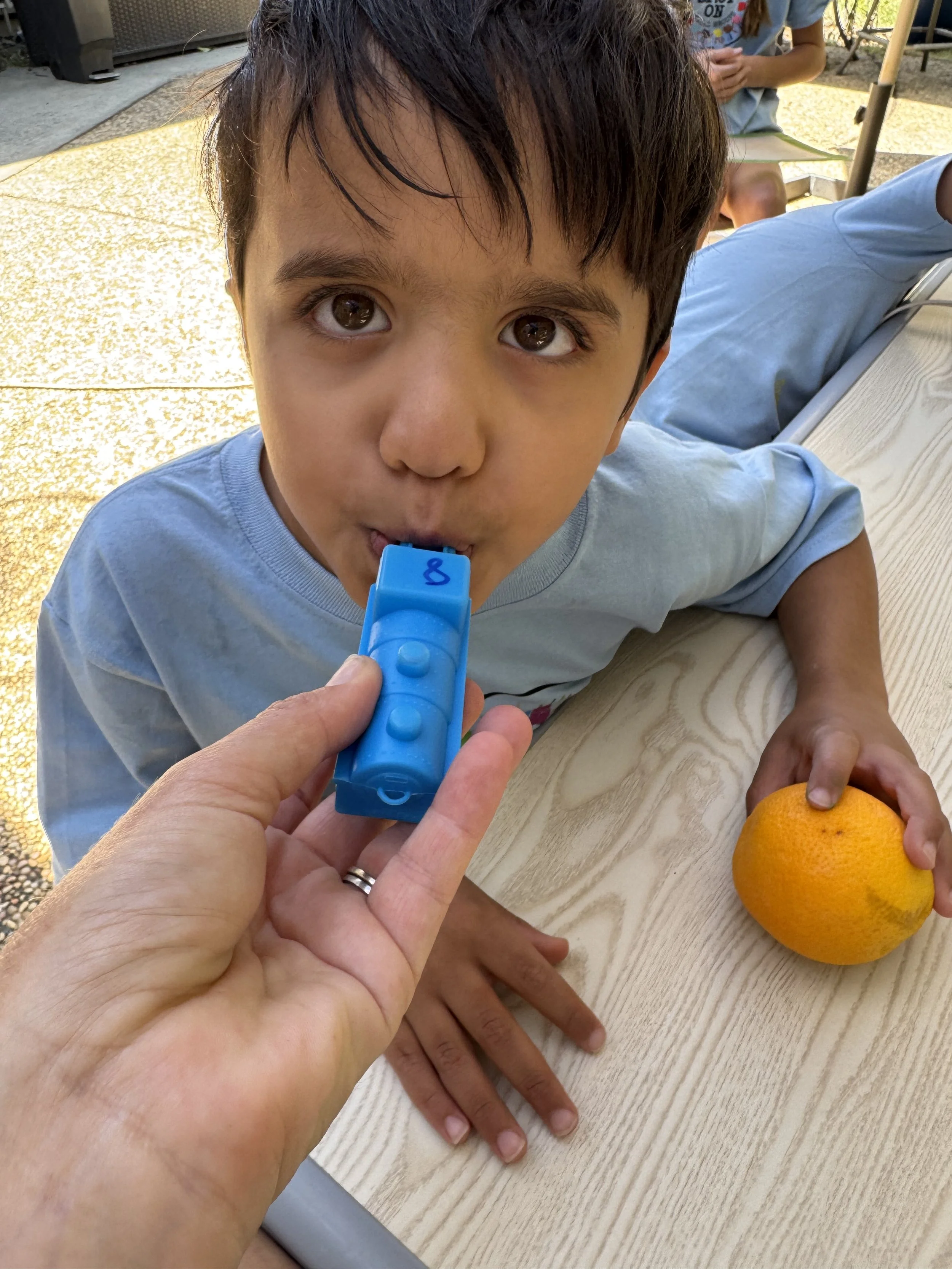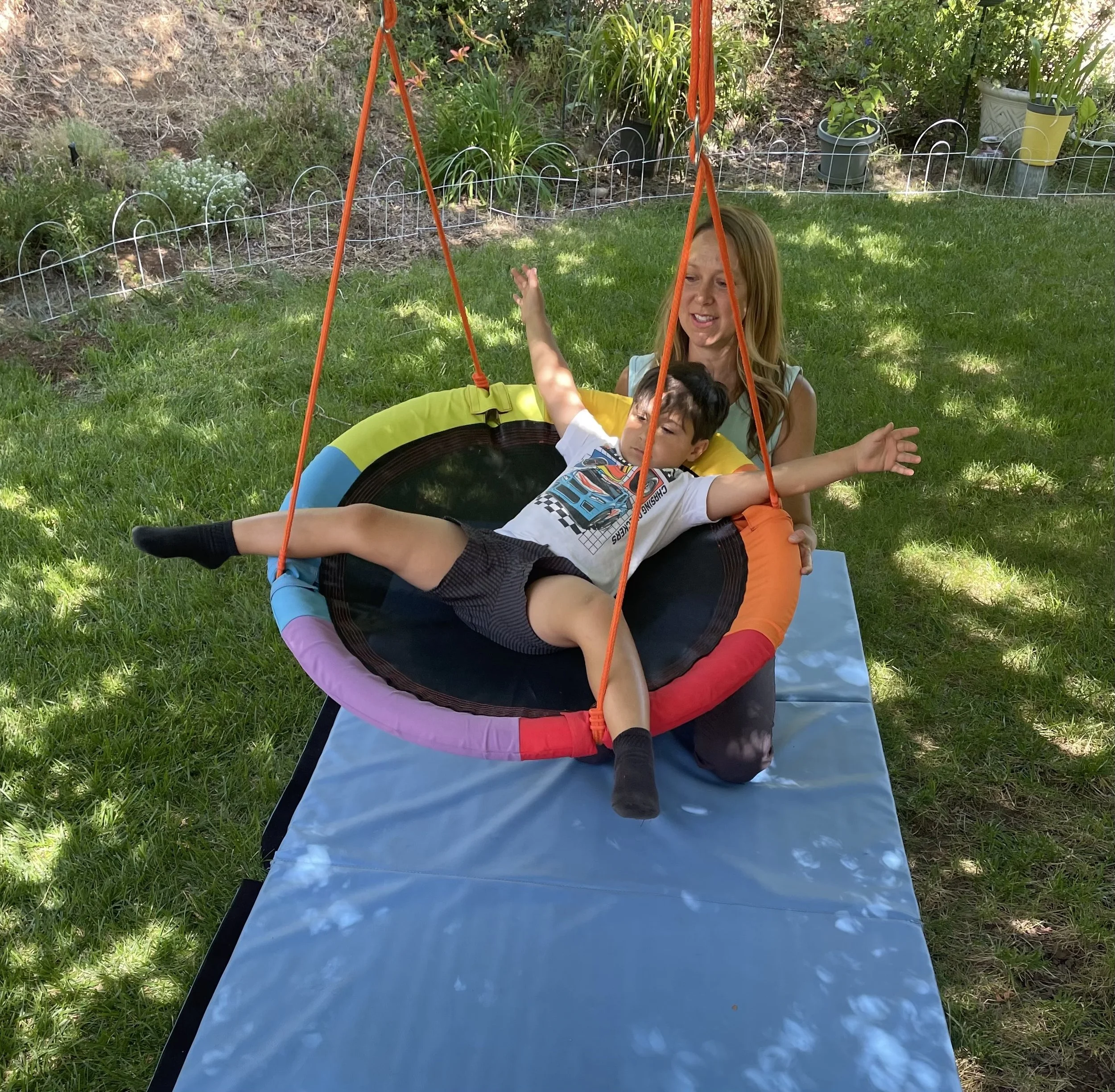
Nature isn’t the backdrop…
it’s the treatment room
No Clinic, Walls or Confined Spaces. Outdoor spaces. Real-life places, right where you live and thrive.
What A Makes US Unique
We Bring Therapy to You
Our sessions are 100% mobile—we arrive with all the tools and supplies needed, so you don’t have to lift a finger.
Your Home, Your Advantage
We work within your natural environment and use the materials you already have to make each session as effective and relatable as possible. We also offer personalized training and practical tips so you can confidently continue your child’s progress between sessions.
Flexible Locations for Real-Life Growth
Need a change of scenery to help your child reach the next milestone? We’re happy to meet at a park, community center, or any other space that supports your child’s development. It’s all about creating the “just right” challenge.
In-School Support
We can observe your child in their classroom to understand how they learn best and provide actionable recommendations to teachers and staff.
Convenient Telehealth Options
If you're traveling, feeling unwell, live out of the area or just need a more flexible option, we offer telehealth sessions. You'll receive a treatment plan in advance and guidance on how to use your home space and tools effectively.
What is Pediatric Occupational Therapy?
Pediatric occupational therapy provides specialized service that helps children develop the skills needed to participate in daily activities and reach their full potential. It focuses on improving fine motor skills, visual motor and perceptual skills, ocular motor, hand-eye coordination, self-care tasks, sensory processing, balance, coordination, attention, and social interactions.
Occupational therapists use a variety of play-based and therapeutic techniques to support children in becoming more independent and successful in everyday activities such as dressing, writing, feeding, and engaging with others.
“We currently utilize Tami's services via Zoom. We do it because we actually moved out of state only a few years ago. Tami is just that good: we worked with her in person right up until we had to leave, and now we work weekly together for my son via Zoom. That includes me too. She tells/shows us what she wants done, and we do it- and while we do it, she explains what and why she wants us to do it. And his improvements are amazing. So if your needs are of a more remote nature, she'll still be able to help.”
-Parent of a child with Autism
Commonly Treated
Sensory Processing Disorders (SPD)
Autism
ADD/ ADHD
Learning Disabilities
Down Syndrome
Neurological Disorders
Torticollis
Delayed Milestones/ Developmental Motor Delays
Physical Disabilities
Generalized weakness
Childhood Stroke
Low Muscle Tone
Failure to thrive
Feeding difficulties/ Picky Eaters
Vestibular Insecurities
Post Traumatic Stress Disorder
Auditory Processing Disorder

















